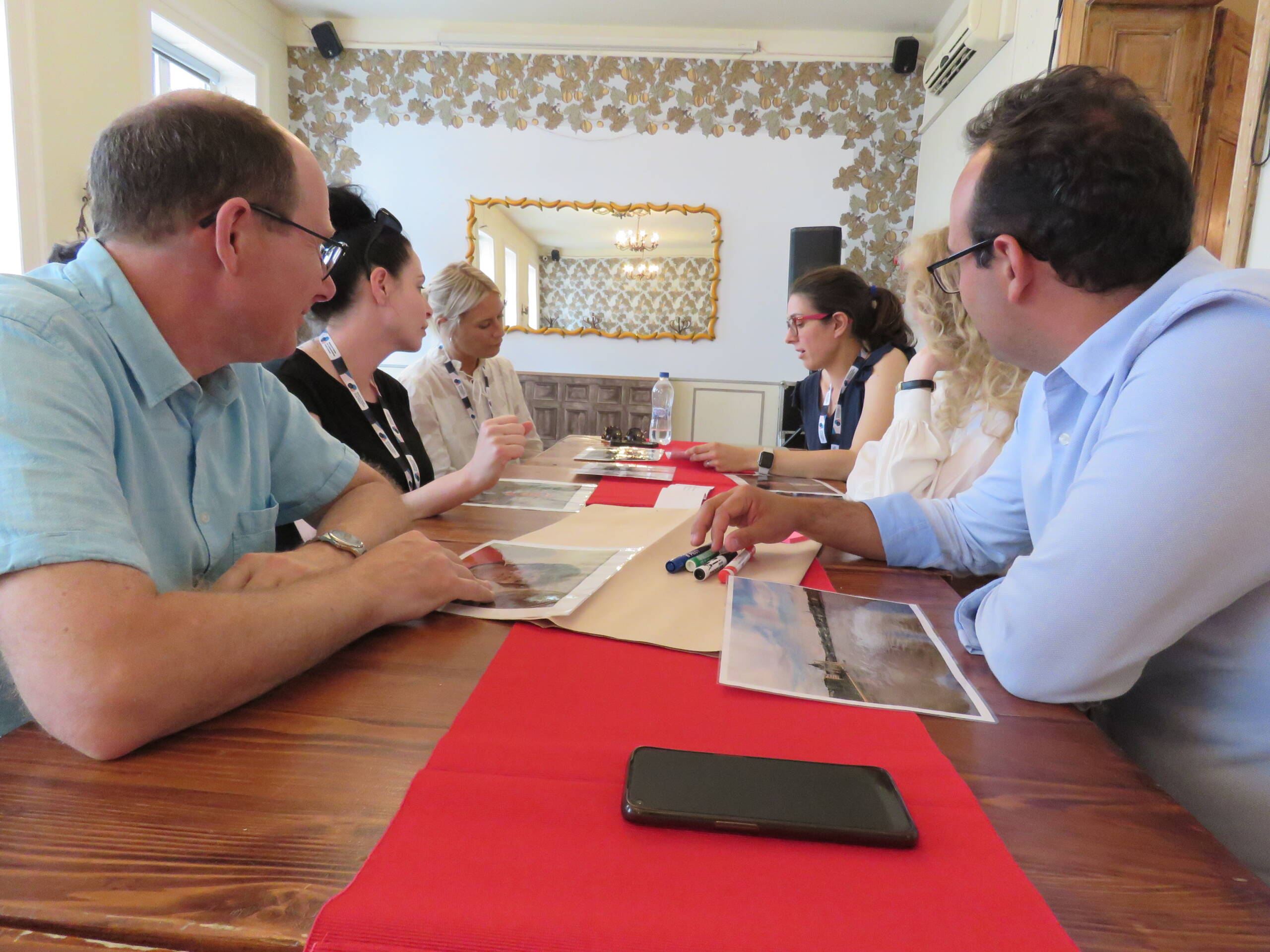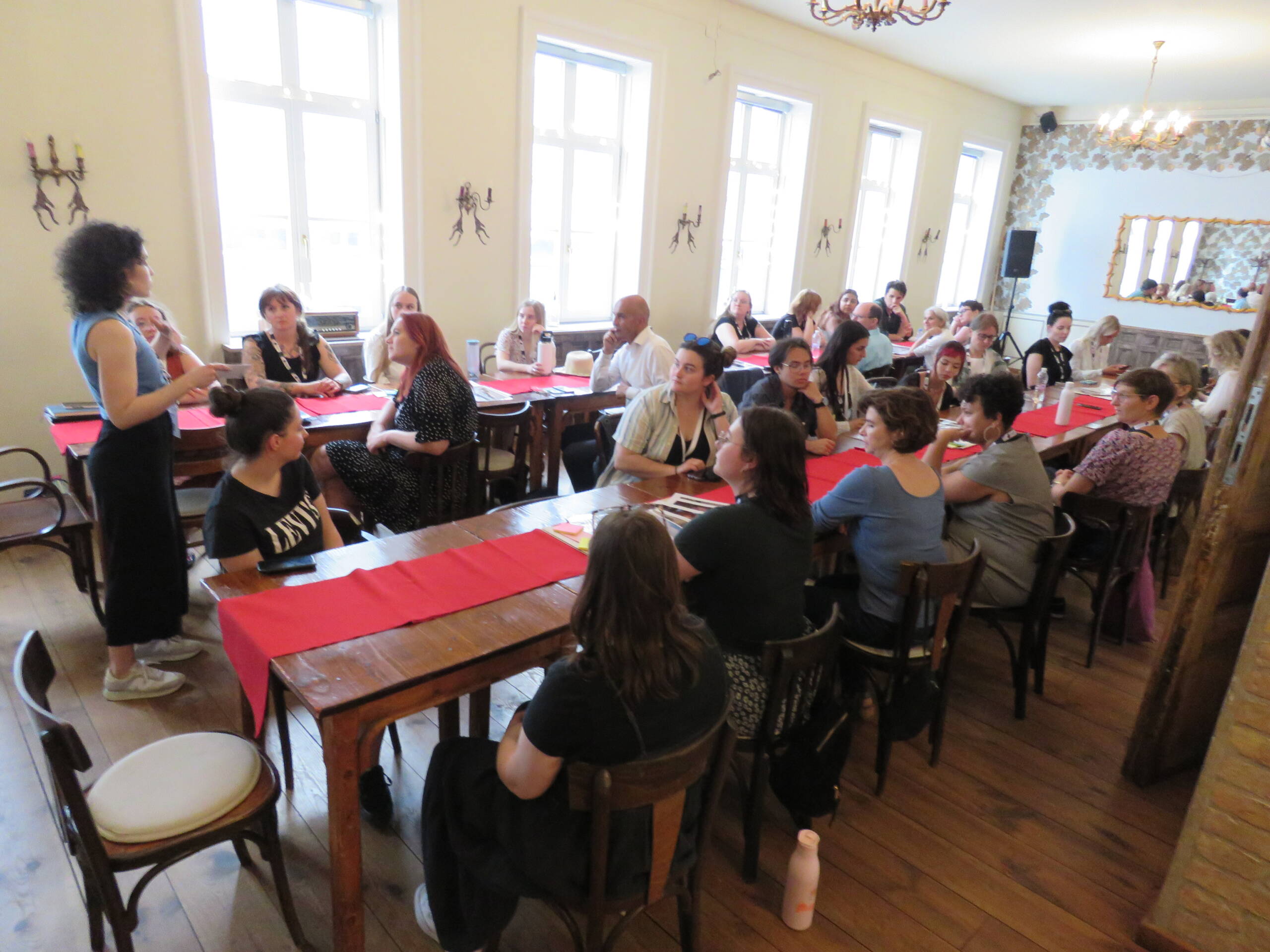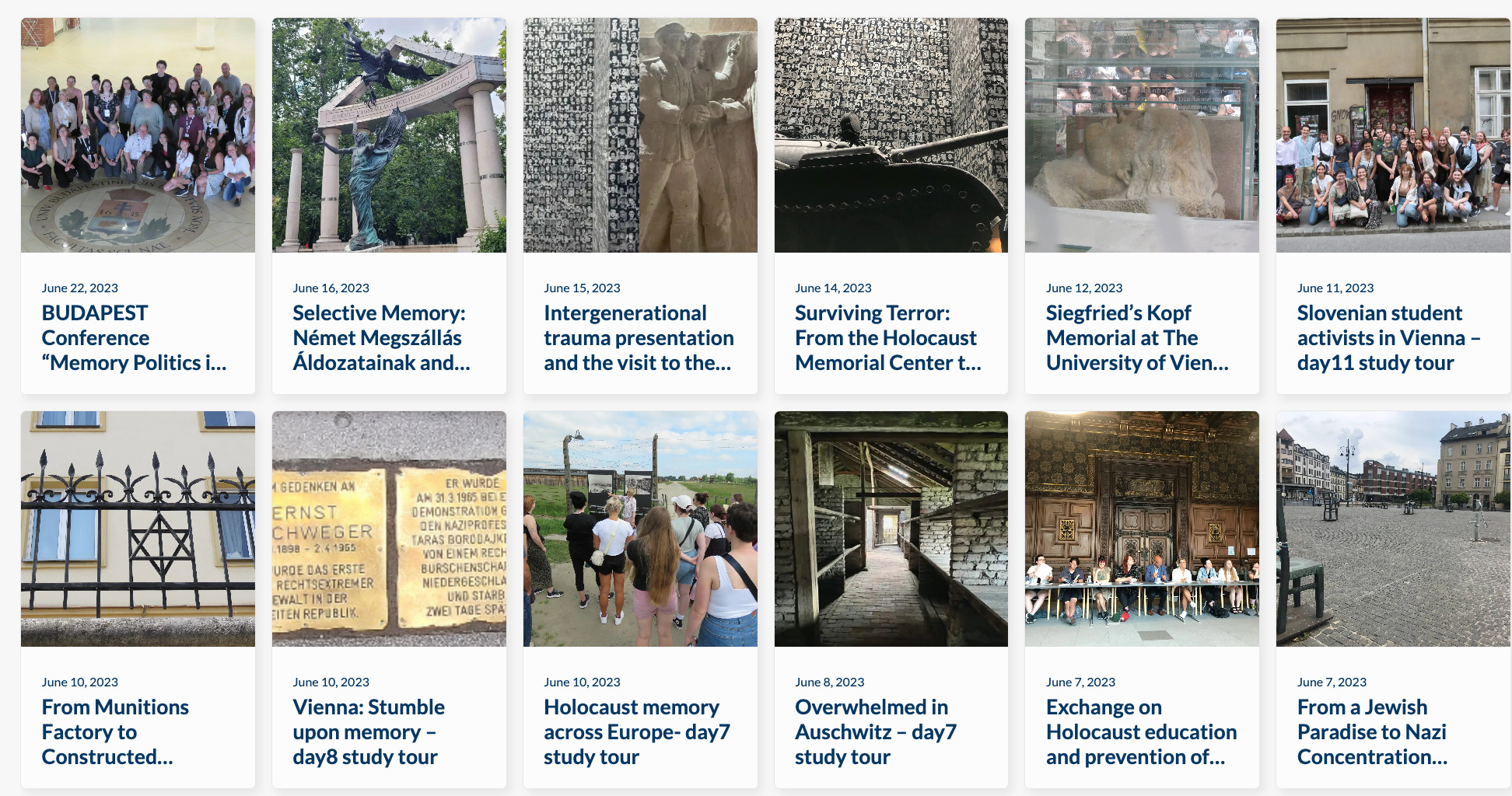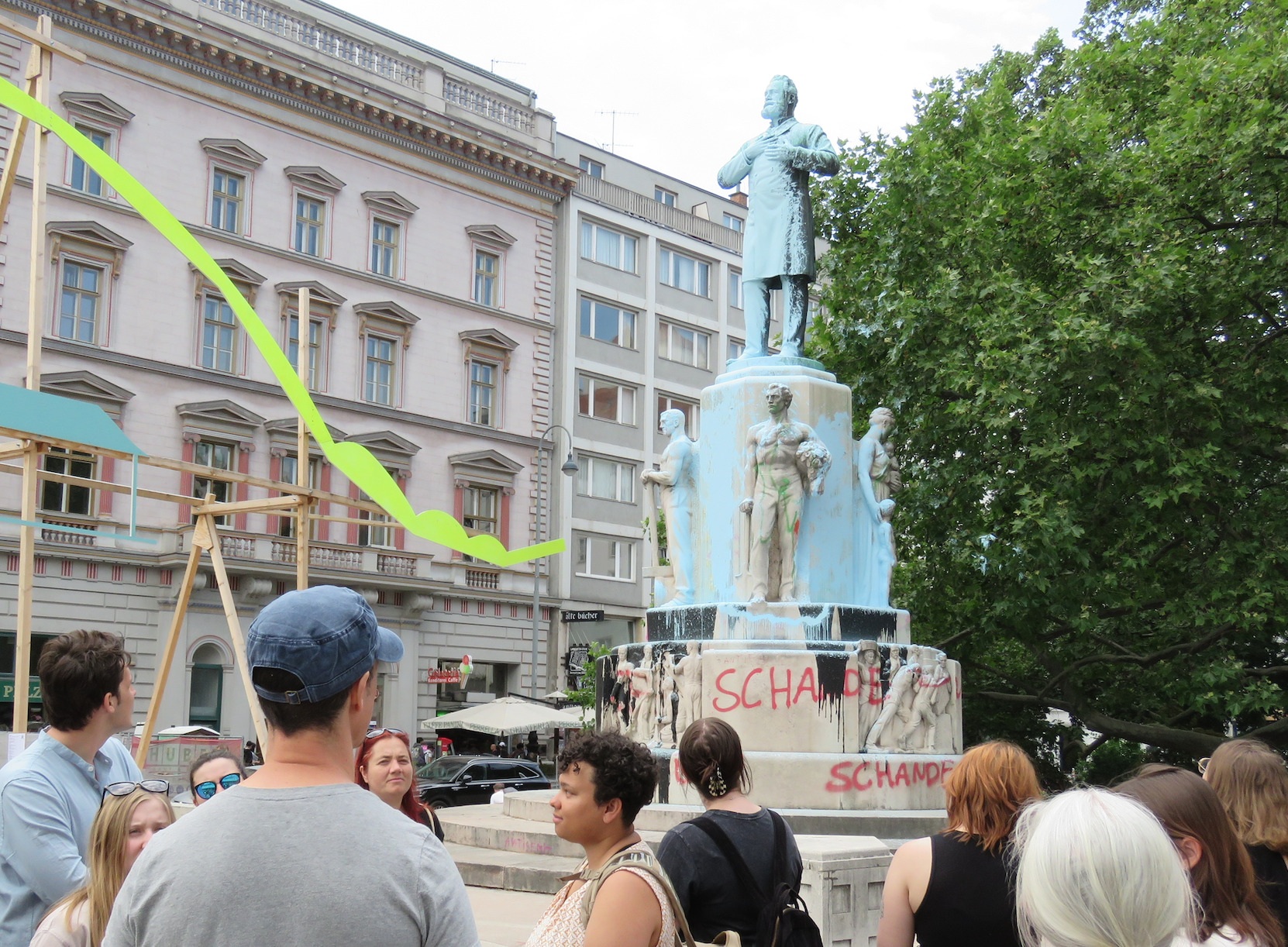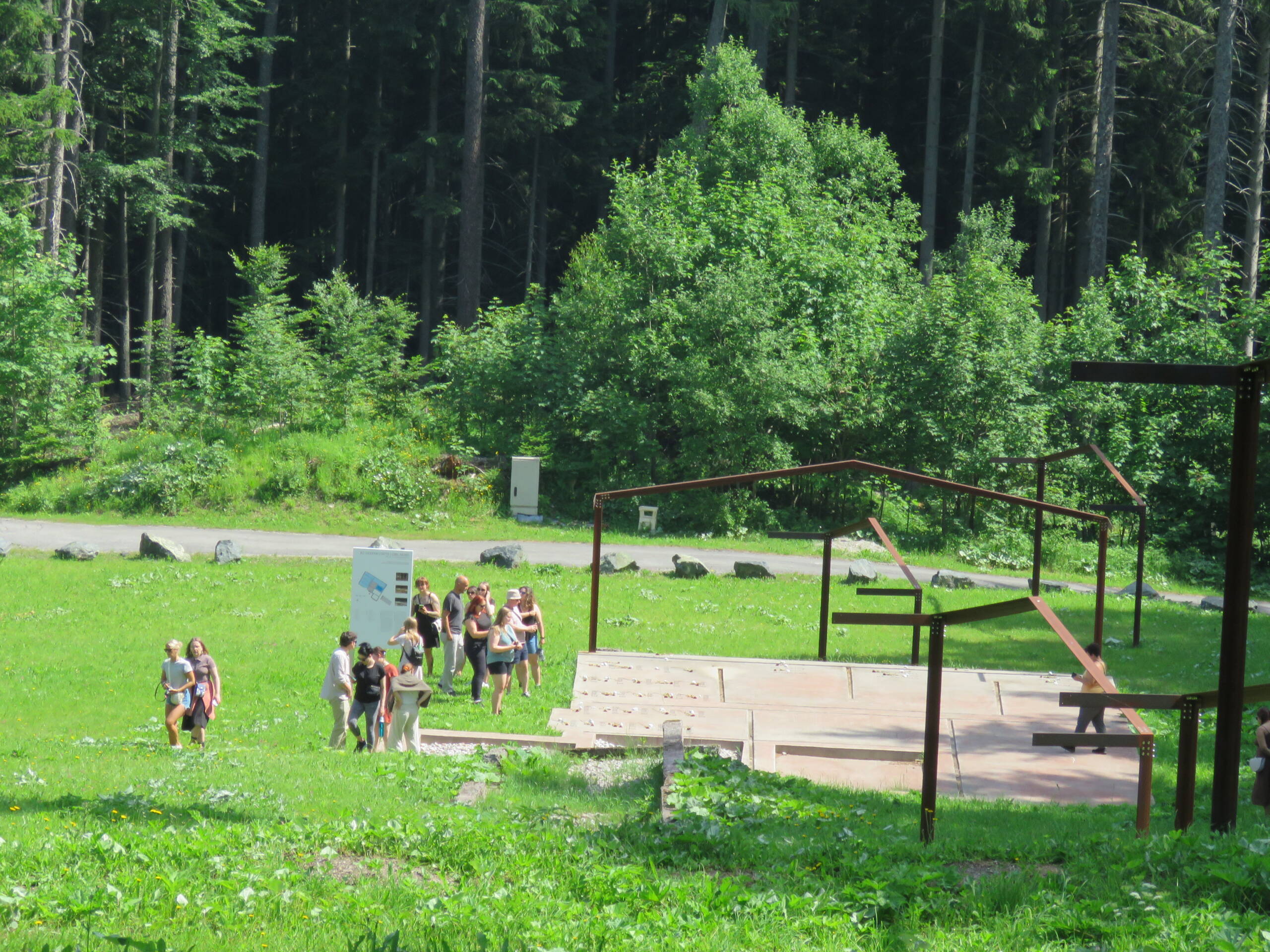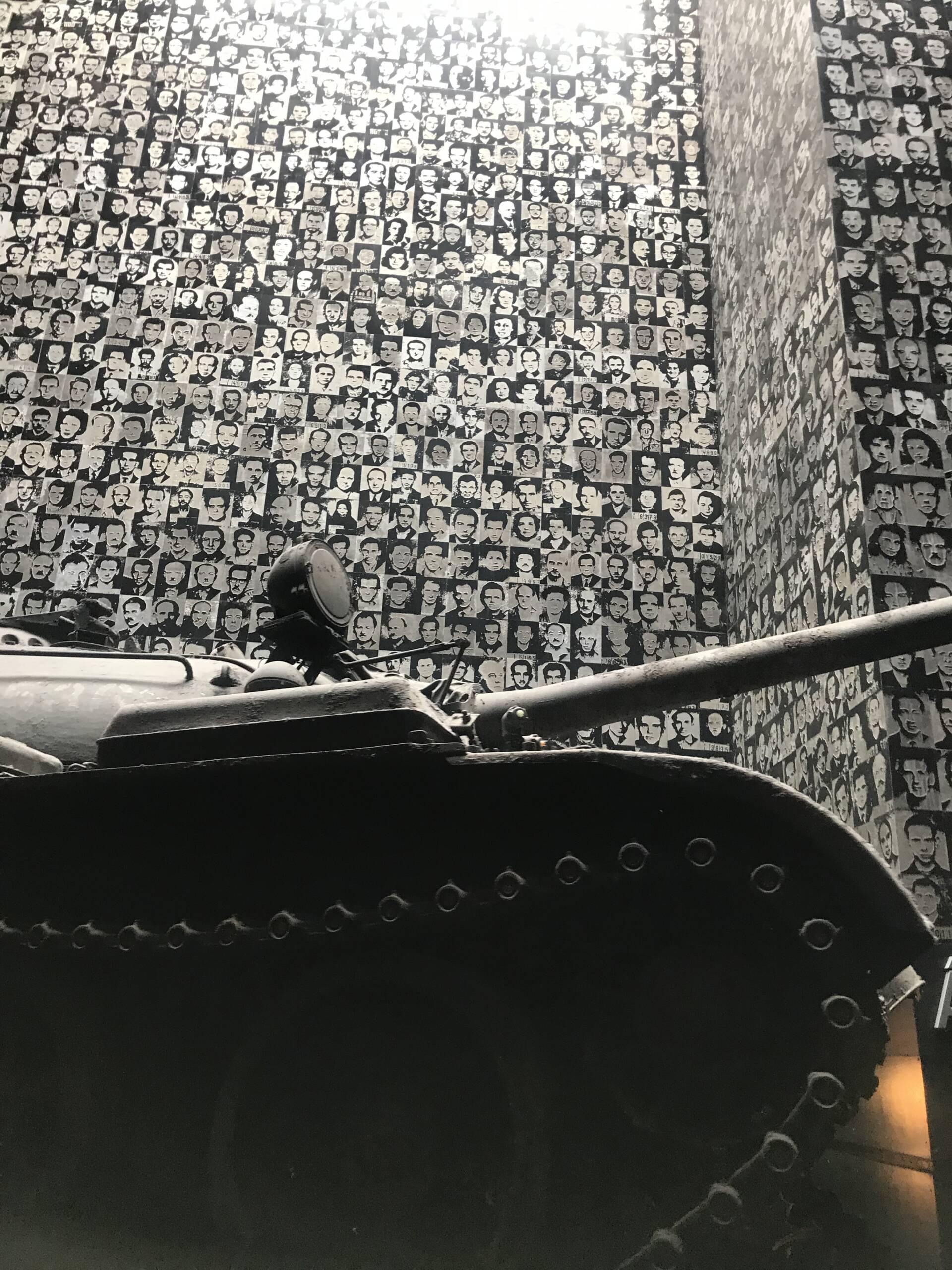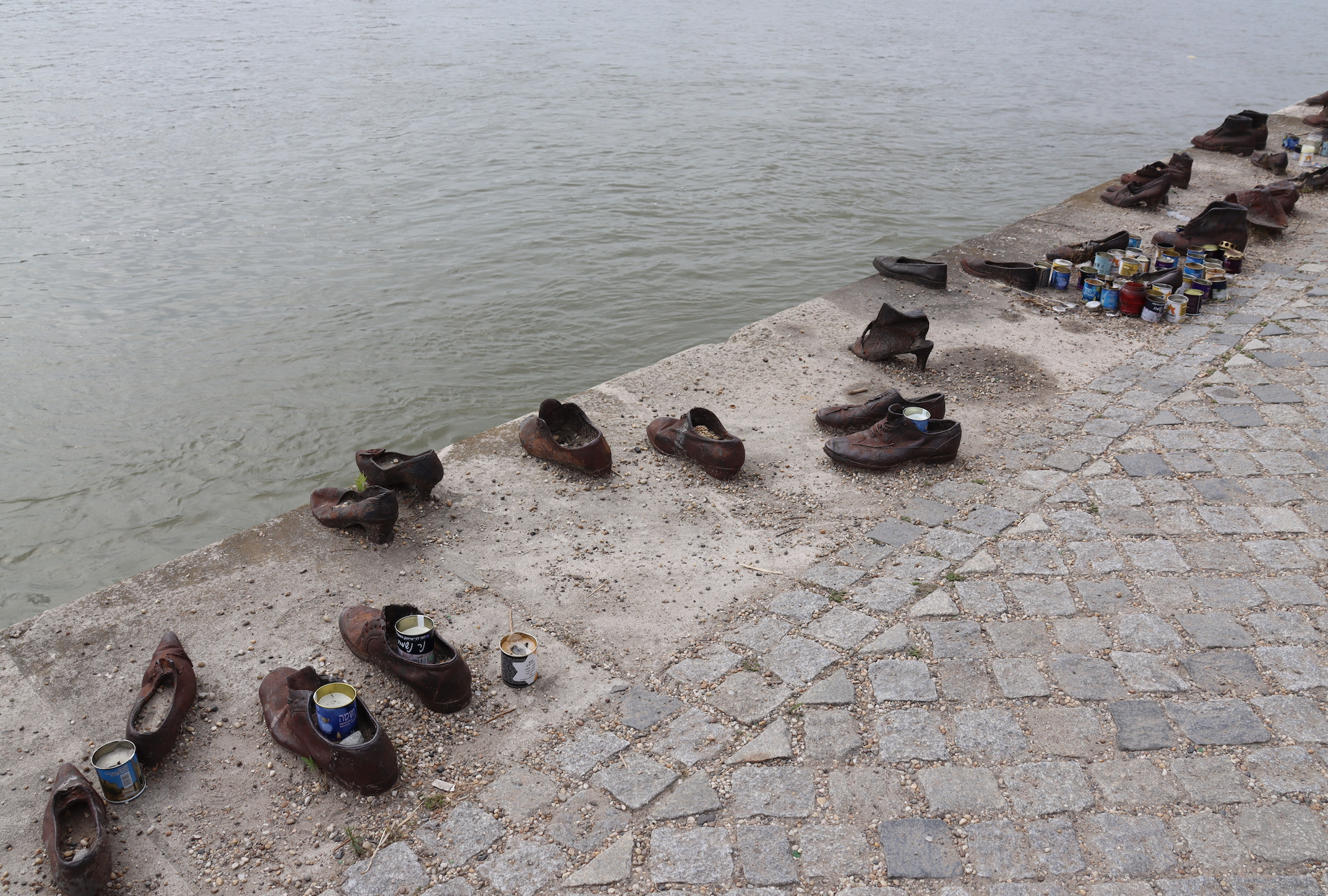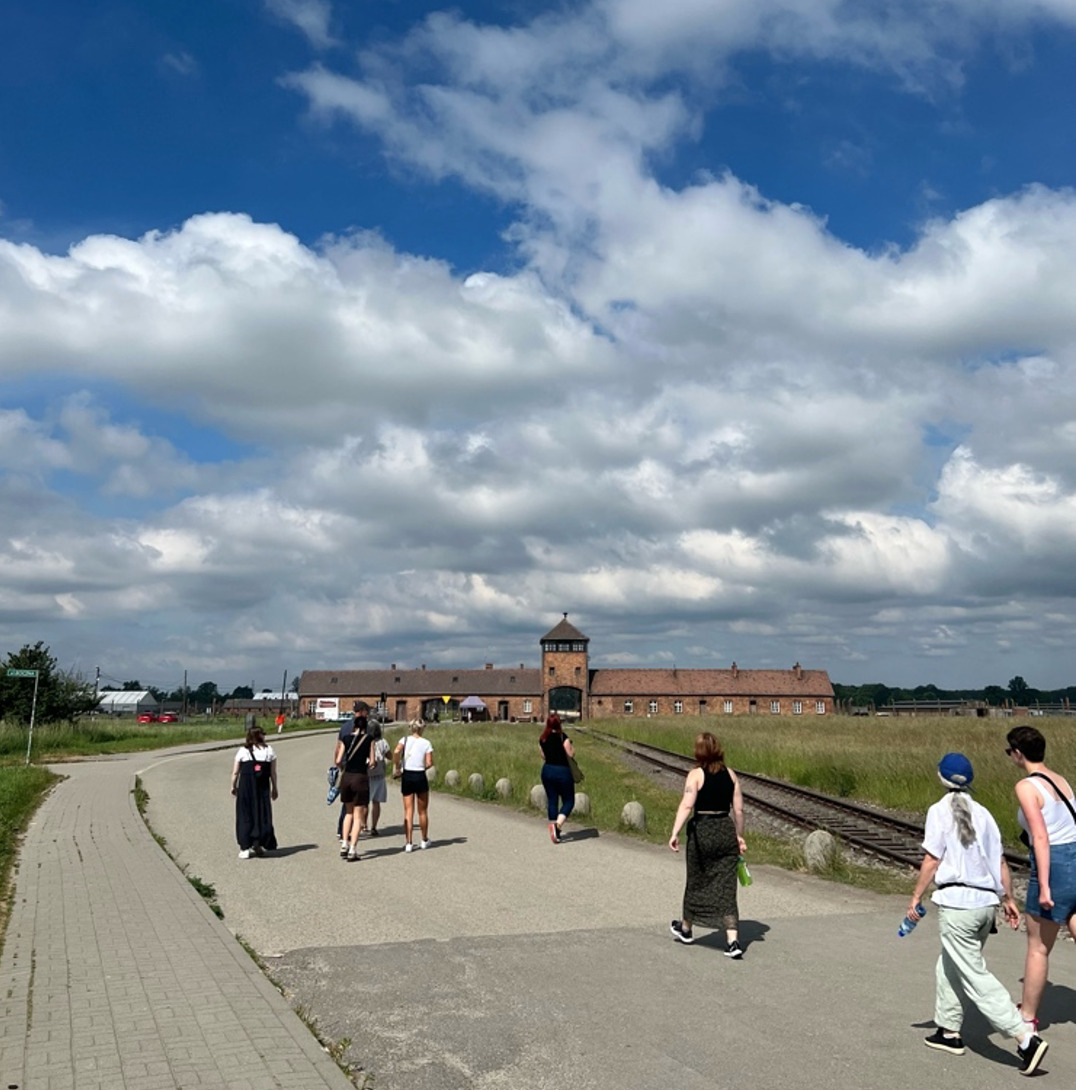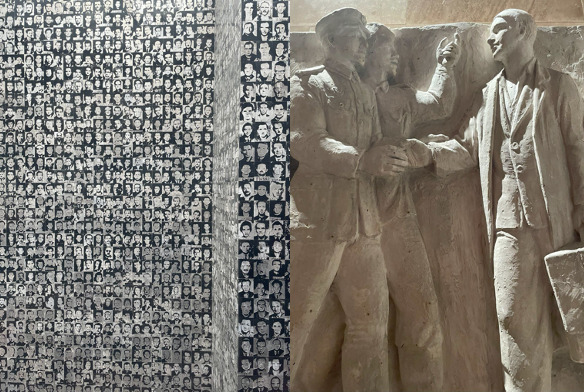Thoughts from an inspired student
Perhaps one of the most exciting aspects of the Study Tour in European Memory Politics was the opportunity to participate in the international conference “Memory Politics in Europe: Towards a Deepening East-West Divide?” hosted by the Jean Monnet Network at the Eötvös Loránd University (ELTE) in Budapest, Hungary, with the support of the Konrad Adenauer Foundation Canada (KAS). The conference featured scholars from across Europe and North America who discussed collective memory and the way that it impacts and influences politics in Europe. Scholars including Dr. Oliver Schmidke and Dr. Kate Korycki addressed how collective memory is utilized as a tool in contemporary political conflicts during the KAS Panel.
Despite being a graduate student, I had never participated in an academic conference for Social Sciences, let alone an international conference! Prior to arriving at the ELTE campus, I had an assumption that seasoned academics would be the main focus of the conference and students would sit quietly in the back. Much to my surprise this was exactly the opposite and we were given countless opportunities to engage on a level that I had never thought possible. As a student of memory politics, the Konrad Adenauer Foundation Canada Panel on a Deepening East-West Divide in Europe provided an impactful and experiential opportunity to see how scholars are actively wrestling with the idea of divergent forms of memory and national identity.
On the first day of the conference, members of the study tour including Beate Schmidtke, Janine Wulz, Kästle Van Der Meer spoke on Panel II: Commemorating the Past Across Europe: Remembrance and Memorialization in Education providing important insight into how we may address Holocaust education as we transition from living memory. Inspired by recent MA graduate Kästle Van Der Meer’s contribution, myself and other students on the tour took advantage of the opportunity to ask panel contributors questions and engage in further conversation.
Opportunities for myself and other future scholars continued throughout the afternoon as we embarked on a city walk and visited Shoes on the Danube memorial. At the memorial, conference participants were invited to learn about both the memorial and the fate of Hungary’s Jew’s through the Zachor foundations IWalk app. Utilizing survivor testimony, the app provided students with an experiential opportunity, walking through the past and engaging with Holocaust memory.
Although many of us felt heavy hearted after visiting the memorial, we were all given the opportunity to participate in the KAS Youth panel with the Zachor Foundation for Social Remembrance, co-financed by the Konrad Adenauer Foundation Canada. Students and scholars broke into small groups and were able to discuss their views and impressions of the memorial site. For myself, the opportunity to sit with scholars, including Dr. Matt James and Dr. Piotr Oleksy, for an enriching exchange of ideas was truly an invaluable experience.
While I do enjoy classroom settings, after hearing about scholars’ research on the East-West divide in memory politics, visiting the memorial on the Danube served as a catalyst for opening thoughtful dialogue among different generations of scholars from around the globe. Noticeable to all participants of the conference was how the memorial provided more information about the national narrative around the perpetrators of the Holocaust in Hungary (Arrow Cross Party). This common understanding opened the door to discuss how different European countries and mnemonic agents memorialize the past, but also how students and academics from Canada understand these narratives.
After my experience at the conference, especially the youth panel, I can’t help but wonder if opportunities for aspiring scholars to work with academics would have a deeper impact on understanding how memory politics work. Furthermore, participating in experiential learning in an environment that fosters rich and thought provoking discussions, across different generations and nationalities, could ensure future generations actively hold agents of memory accountable.
Alicia Ward is currently a MA student at the University of Victoria in the department of Germanic and Slavic studies under the supervision of Dr. Serhy Yekelchyk. Her thesis examines the politics of Holocaust memorialization in Ukraine. Alicia received a BA in History from the University of Victoria.
